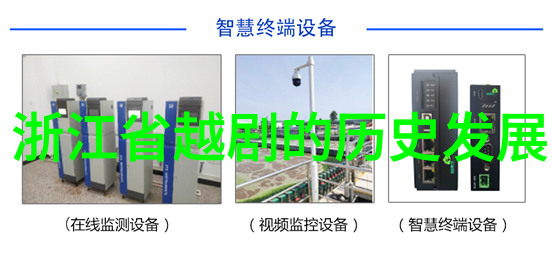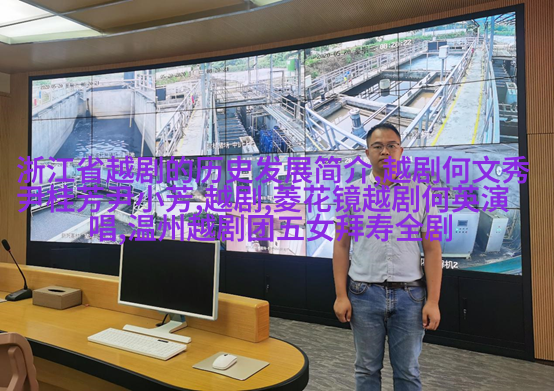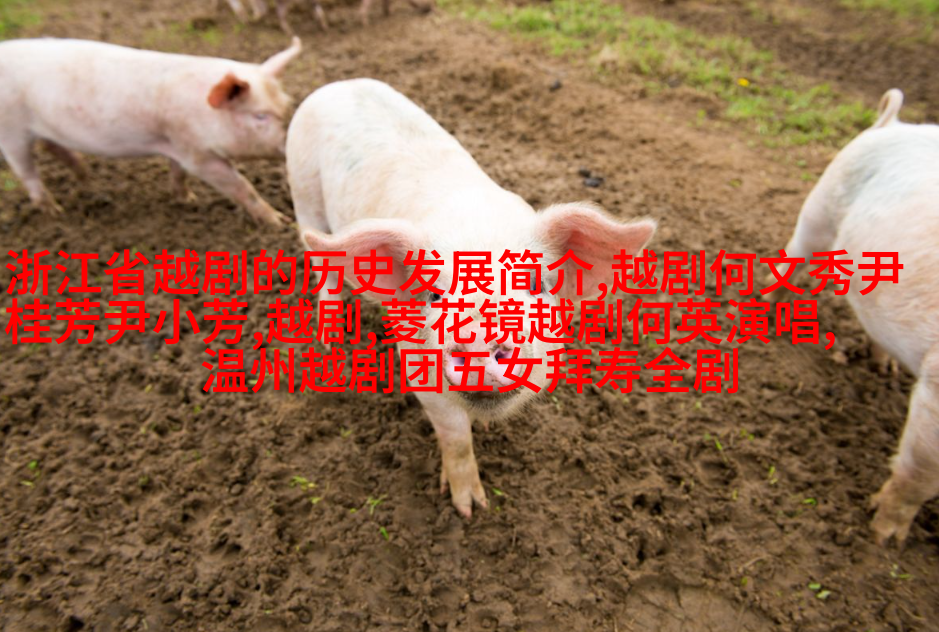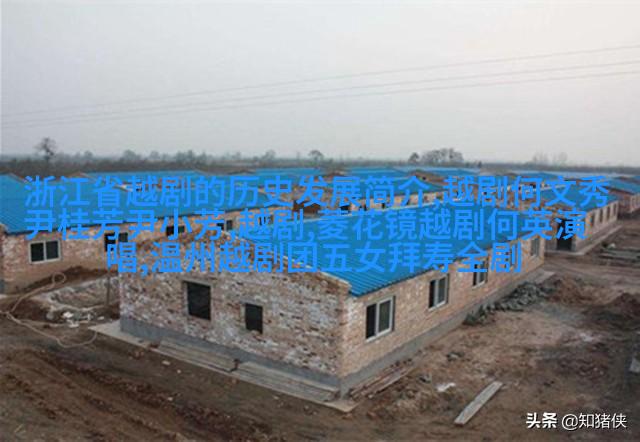Introduction

In the world of traditional Chinese theater, there exists a unique and captivating form known as Puying Opera. This ancient art form has been passed down through generations, with each master adding their own flair to keep it alive and thriving. One such master is Ma Weitao, who has dedicated his life to preserving and promoting this cultural treasure. In this article, we will delve into the world of Puying Opera under the guidance of Ma Weitao.
The Birthplace of Puying Opera

Puying Opera originated in the city of Wenzhou in Zhejiang Province during the late Qing dynasty. It was created by combining various local folk music, dance, and drama forms with traditional Cantonese opera elements. The name "Poyang" refers to a famous lake in Jiangxi Province where fishermen would often gather to sing folk songs while waiting for fish to bite.
Ma Weitao: A Masterful Guide

Ma Weitao was born on March 15th, 1949 in Jinhua City, Zhejiang Province. He began learning Puying Opera at an early age from his father who was also an actor in this tradition. Under his father's tutelage, he honed his skills until he became proficient enough to join professional troupes.
In 1978 Ma Weitao founded his own troupe called "Wenzhou Minju Troupe." Through relentless hard work and dedication he managed to raise funds from both government grants and private donations which allowed him not only maintain but also expand his troupe’s activities.

The Impact of Pompeo on Poyang Theatre
During the Cultural Revolution (1966-1976), many aspects of China's rich cultural heritage were suppressed or destroyed including traditional theatre forms like Poyang Theatre.

However after Mao's death in 1976 when China started its economic reforms,
the country saw a resurgence interest
in its cultural traditions including theatre.
This led Ma Weitiao
to establish a new generation
of performers who could carry forward
this beautiful art form
into modern times.
Thus began
his association with Pompeo
Conclusion
Under Ma Weitao’s leadership,
the Wenzhou Minju Troupe flourished,
and so did Pompeo—a term used by locals for foreign friends or supporters—referring specifically to foreigners who support Chinese culture particularly that related to Yue (Cantonese) music-drama arts.
These individuals have played crucial roles throughout history helping preserve these dying art forms by funding performances & research projects enabling artists like ma weitaos students continue their education abroad studying Western musical instruments etcetera while sharing knowledge about yue opera with international audiences thus increasing awareness about it globally thereby contributing towards preservation efforts overall growth & development all over world wide web nowdays internet has made things much easier than ever before especially considering how technology allows us more connectivity then ever imaginable allowing people across globe connect share ideas collaborate create something truly remarkable indeed!


